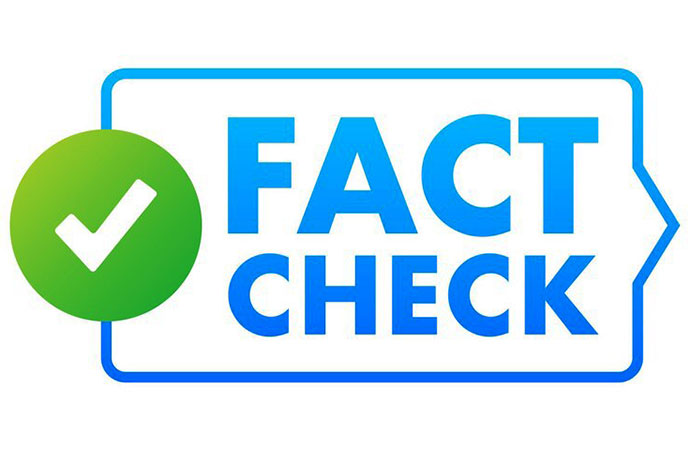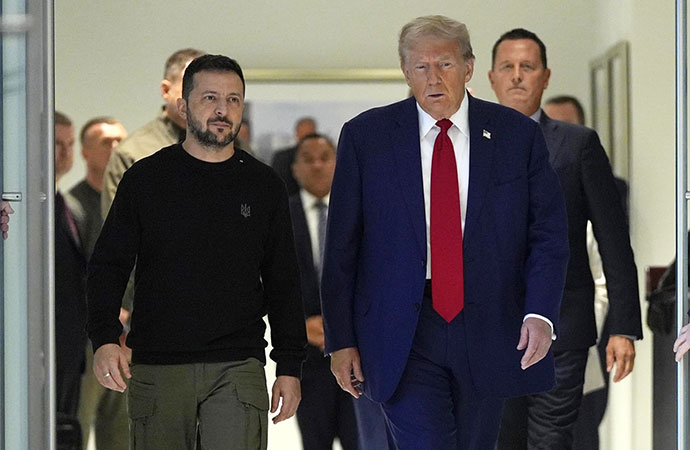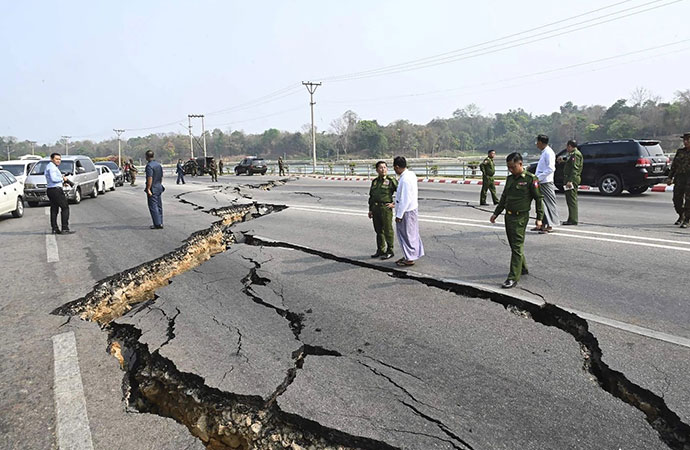Essays

Freepik
On the surface, Bangladesh's new interim government-backed "fact-checking" platforms-CA Press Wing Facts and BanglaFact-might seem like a sensible response to rising misinformation. But look closer, and it becomes clear that these initiatives raise troubling questions-for press freedom, democratic accountability, and the Constitution itself.
Launched on 24 October 2024 by the interim government's Chief Adviser's Press Wing, CA Press Wing Facts began as a Facebook page designed to counter so-called "misinformation and propaganda" surrounding government activities. In early 2025, BanglaFact was introduced by the Press Institute of Bangladesh (PIB), ostensibly to enhance media research and verify information, particularly around politically sensitive issues.
Sounds reasonable? Not quite.
Article 39 of Bangladesh's Constitution guarantees freedom of speech and the press. While the Constitution allows for certain restrictions-such as for national security or public order-these must be lawful, proportionate, and subject to oversight. When the government itself assumes the power to decide what is "true" or "false," with no independent checks, the risk is not just bias-it's authoritarian overreach.
Bangladesh has been down this road before. Under the Digital Security Act, journalists, students, and citizens faced harassment and arrest simply for what they posted online. Human rights groups repeatedly warned that the law became a tool not to protect the public, but to suppress dissent. Today's government-led fact-checking efforts, dressed in the language of digital modernity, carry that same danger.
CA Press Wing Facts has labeled reporting by The Daily Star, The Indian Express, and even most recently The New York Times as "misleading"-echoing the tone and structure of independent fact-checkers, yet offering none of the transparency, sourcing, or accountability that lend those organisations credibility. These platforms mimic the mechanisms of truth verification while answering only to the state.
That's where they fall short of international standards, such as those set by the International Fact-Checking Network (IFCN). Genuine fact-checkers operate under clear methodologies, cite sources, publish corrections, and act independently. CA Press Wing Facts and BanglaFact do none of this. Instead, they selectively present data that bolsters the government's position and ignore or discredit dissenting views. This isn't about fighting misinformation. It's about managing the narrative.
The government might argue these platforms aren't fact-checkers at all-just ways to "present their side of the story." But that defence collapses under scrutiny. If these are merely informational tools, why do they adopt the language and techniques of fact-checking organisations? Why label independent reporting as "fake" or "false" at all? You can't claim neutrality while playing both referee and player.
This behaviour doesn't just undermine public trust-it may also be unconstitutional. Article 7 of the Constitution affirms that all power belongs to the people and must conform to constitutional principles. When the state begins policing truth without legal clarity or independent oversight, it breaches that social contract.
Moreover, labeling certain news content as false, misleading, or extremist without due process risks not only suppressing critical voices but also endangering the safety of journalists. In environments where media freedom is already precarious, such stigmatization can lead to harassment, violence, or reprisals against reporters and editors associated with the targeted outlets-placing them in imminent and unjustified danger simply for doing their jobs.
And Bangladesh isn't alone. In neighbouring India, the Bombay High Court recently struck down similar rules that would have established a Press Information Bureau Fact Check Unit under the IT Rules, 2023. The court found the initiative unconstitutional, warning it posed a serious threat to India's free expression (Article 19(1)(a)) and equality before the law (Article 14). While the Indian government had claimed the unit would only target misinformation, the court held its vague language risked chilling speech and stifling criticism. The parallels are unmistakable.
So what should Bangladesh do instead?
To fight misinformation effectively-especially in a region saturated with geopolitical disinformation and propaganda wars, including from neighboring India-the government should embrace transparency, not censorship. That means supporting (or creating) independent fact-checking bodies, not state-run ones masquerading as such. It means disclosing data, engaging with criticism, and investing in public media literacy. And crucially, it means countering cross-border influence campaigns with factual narratives grounded in verifiable evidence, not by silencing stories the government finds inconvenient.
Most of all, it means remembering who this country belongs to. Not the interim administration. Not the bureaucracy. But the people.
This is not the legacy of the students who gave their lives for democracy and free speech, nor Muhammad Yunus'. It's certainly not consistent with the mission of the Media Reform Commission, which failed to raise a single concern over this dangerous slide. And it is a profound failure of leadership at the Press Institute of Bangladesh, which should have known better.
If Bangladesh is to remain true to its constitutional promise, these government-run "fact-checking" initiatives must be subjected to judicial review. The courts should assess whether they meet the tests of legality, necessity, and proportionality under Article 39-and whether they violate Article 7 by concentrating unchecked power in the executive. At the same time, the Media Reform Commission must be held accountable for failing to address this.
It must urgently revisit its mandate to ensure that any state's role in information verification is transparent, independent, and rights-respecting. Fact-checking should never be a smokescreen for censorship. It must serve the public-not the powerful. That is the real test of whether this democracy still belongs to its people.
Redwan Ahmed is a journalist and former Visiting Scholar at the University of Southern California. He can be reached at thisisredwan@gmail.com

























Leave a Comment
Recent Posts
Pedaling Through the Mangroves ...
The journey from the bustling streets of Barishal to the serene, emera ...
Why the Interim Government mus ...
Two weeks out from what is expected to be a red letter day in the figh ...
Doesn’t matter who thinks what about Bangladesh deci ..
The Other Lenin
US President Donald Trump said his administration
Govt moves to merge BIDA, BEZA, BEPZA, MIDA